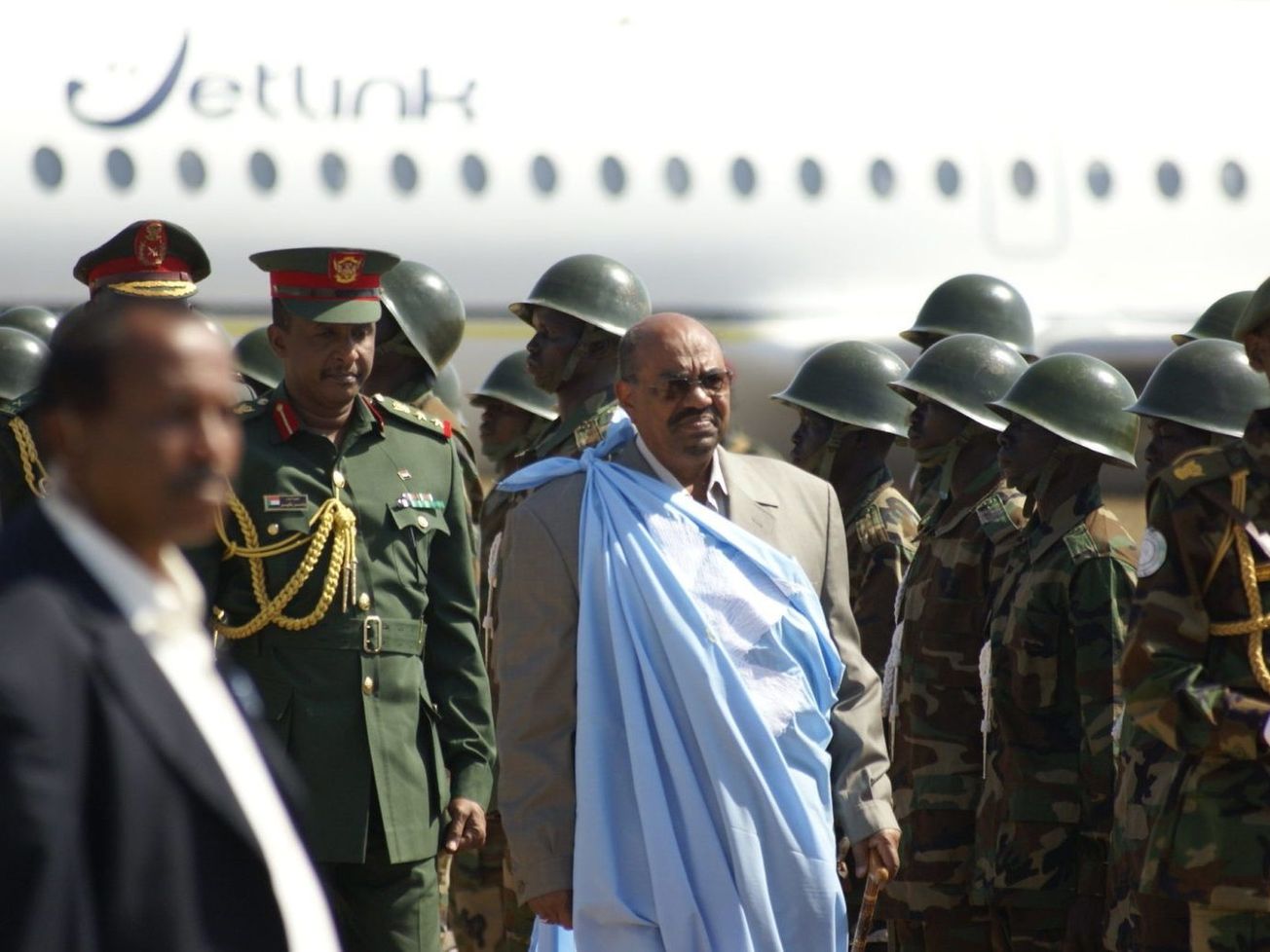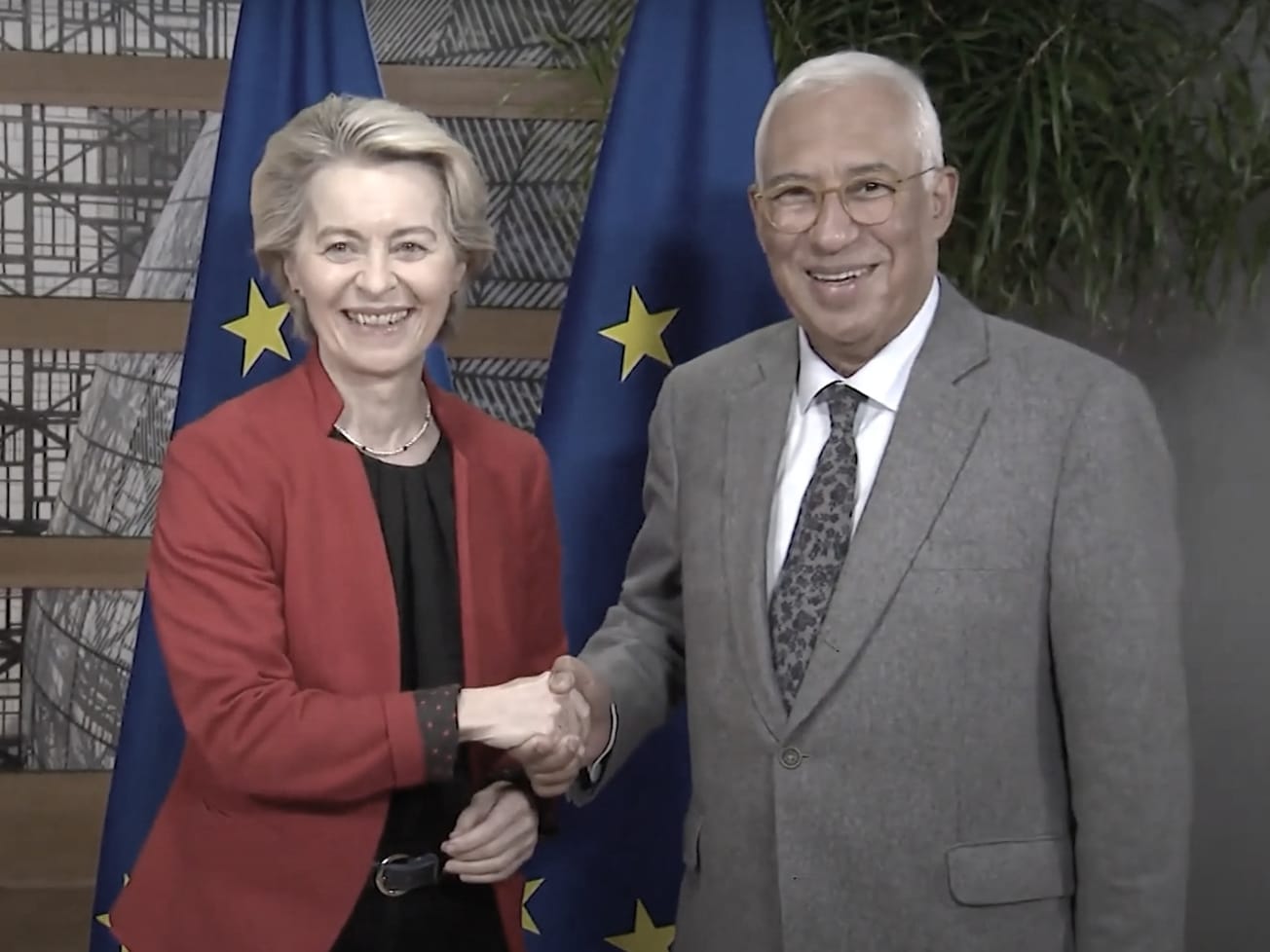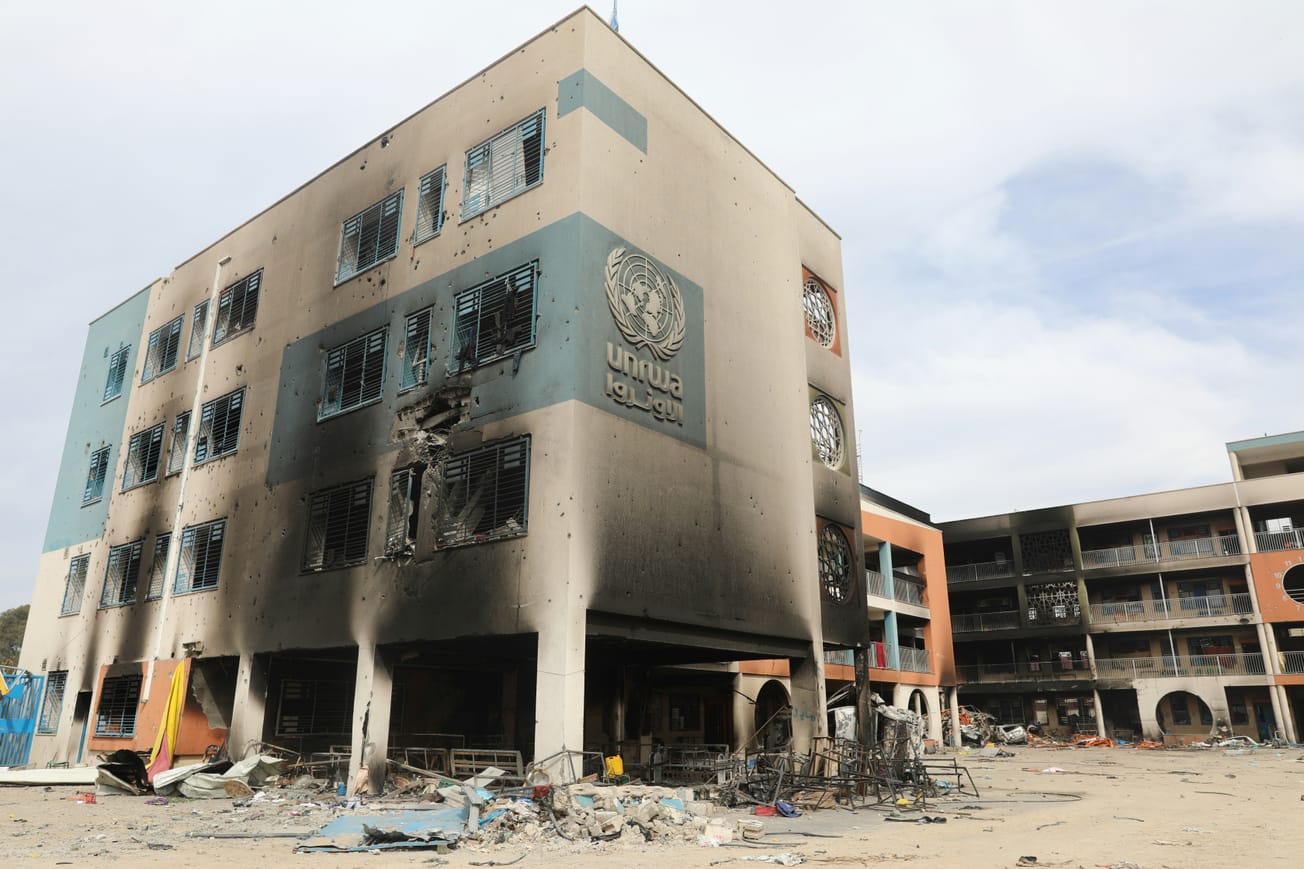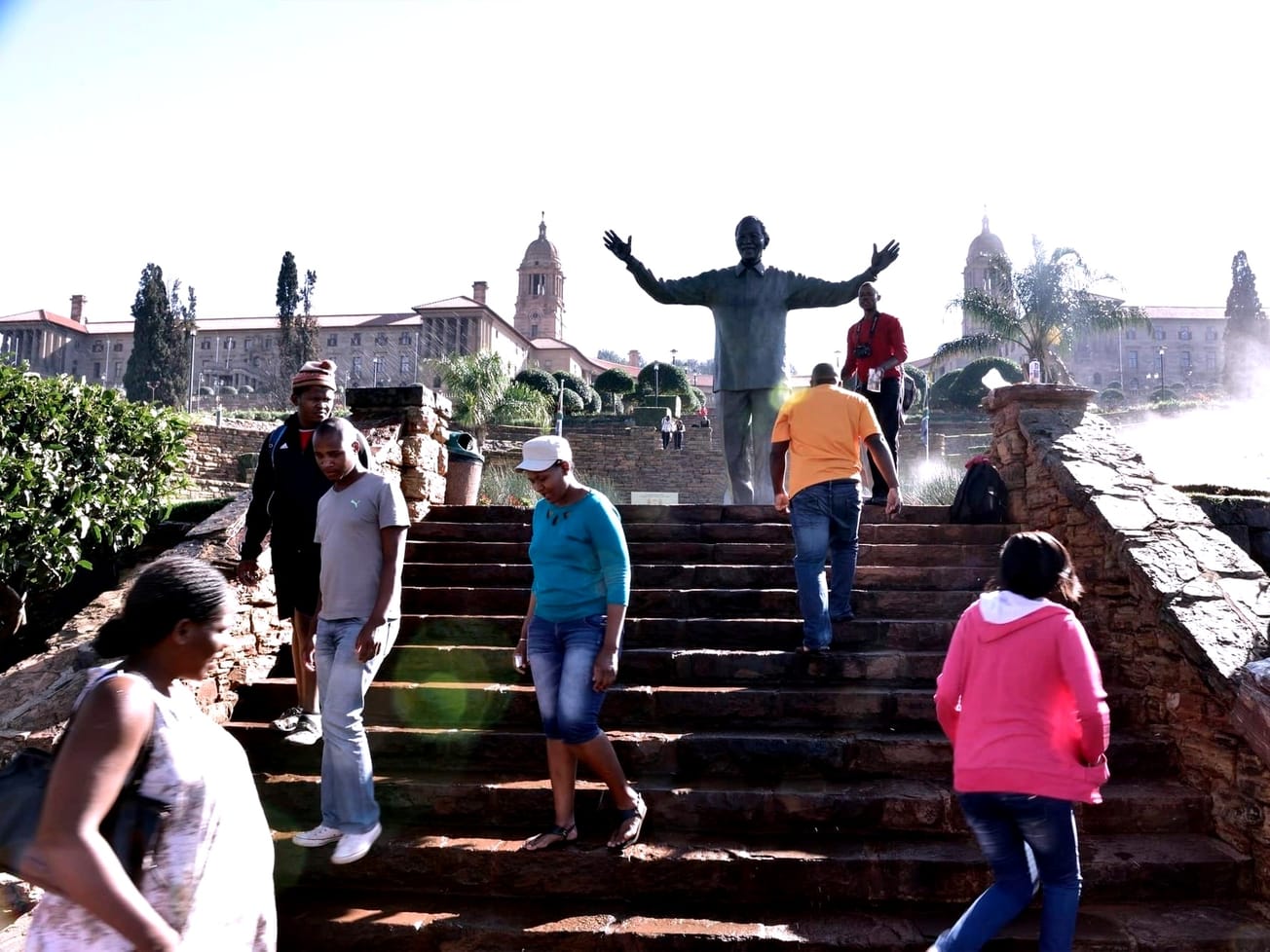In a surprise move, Sudan's transitional government said on Tuesday it will extradite former leader Omar al-Bashir to the International Criminal Court to face trial on charges of genocide and war crimes from the Darfur conflict.
The nation's 11-member sovereign council, created last August to spread power among military and civilian members, announced it will cooperate with the ICC's outstanding arrest warrant and turn al-Bashir over for prosecution. The indictments against him in 2009 and 2010 marked the first time that The Hague, Netherlands-based court charged someone with genocide since its creation in 2002.









